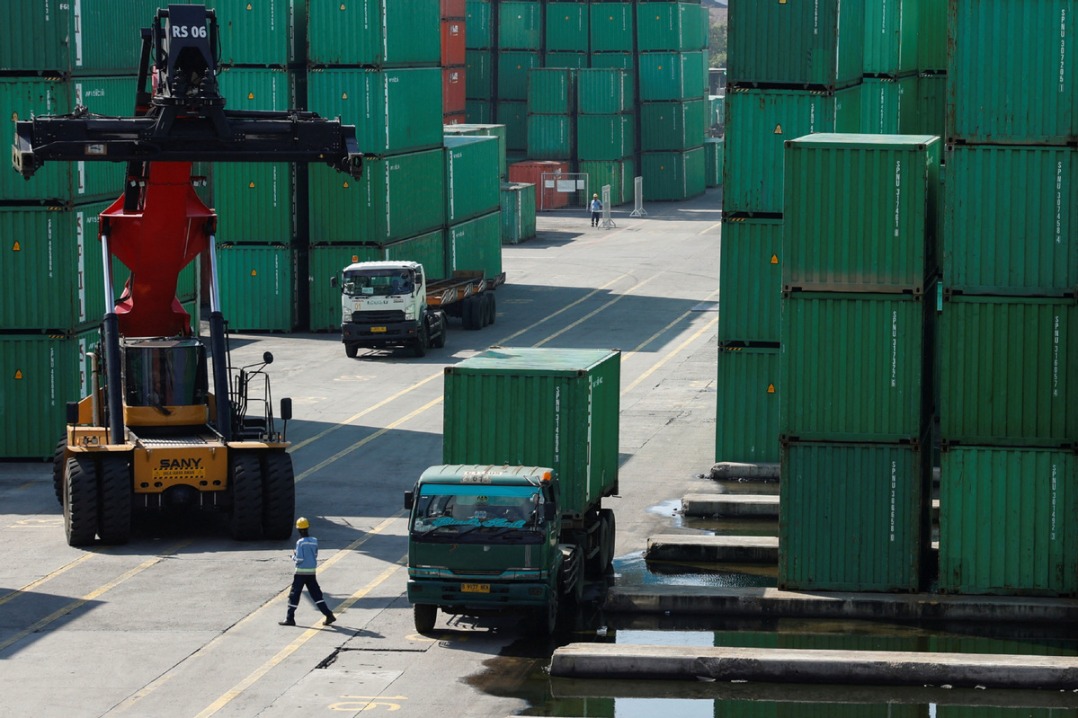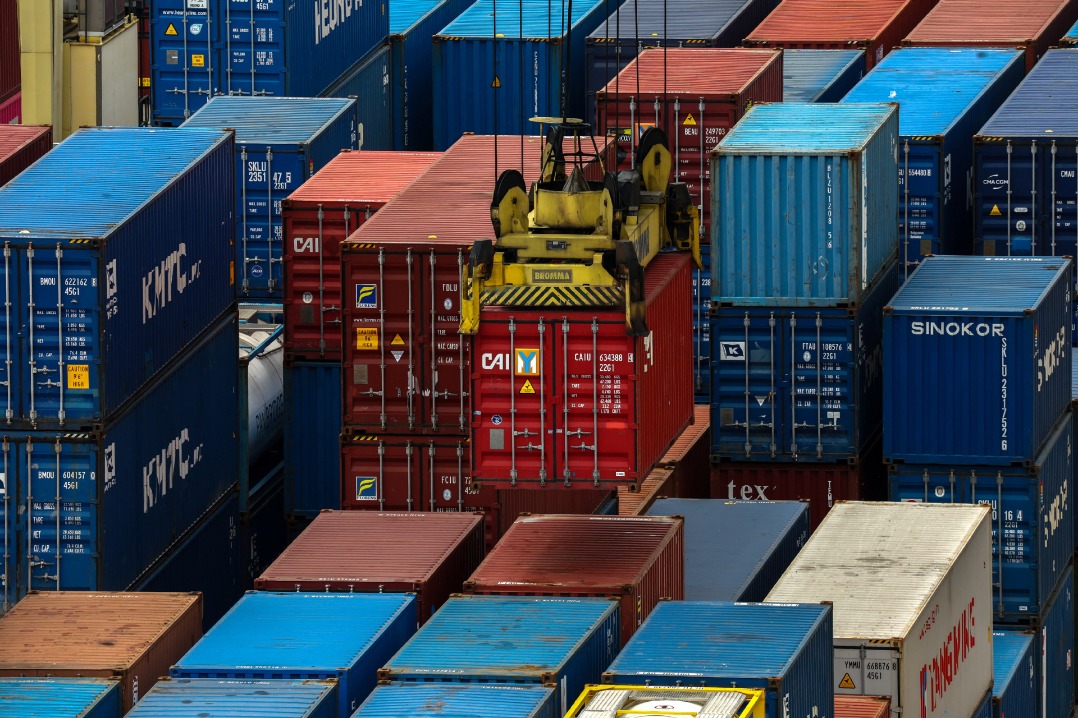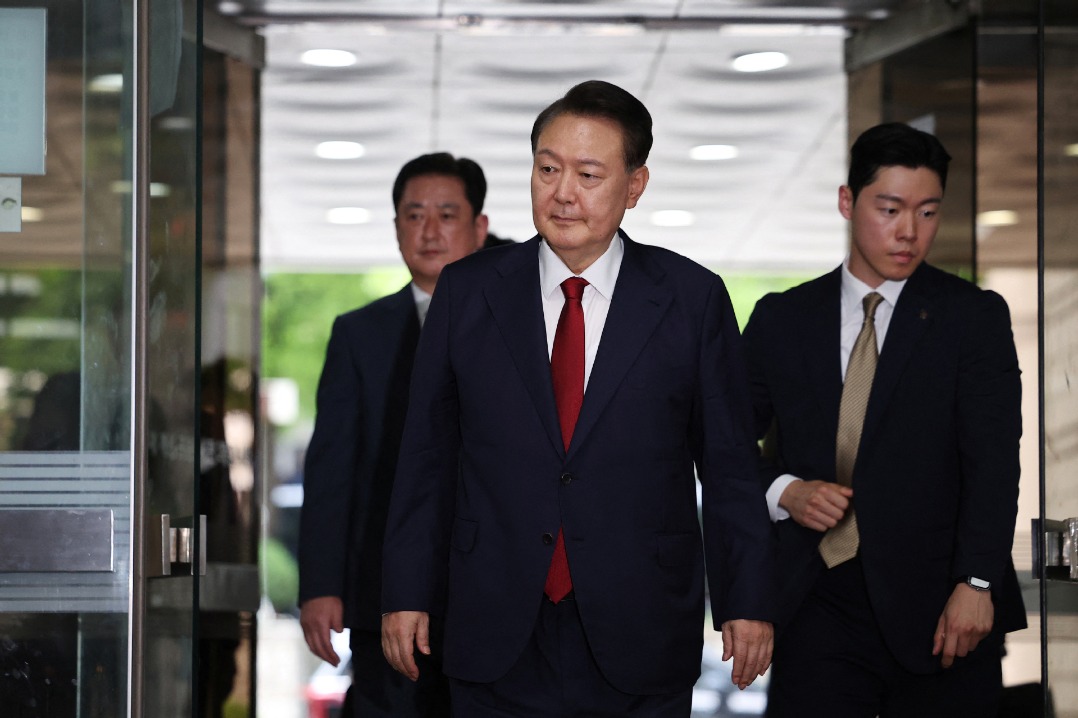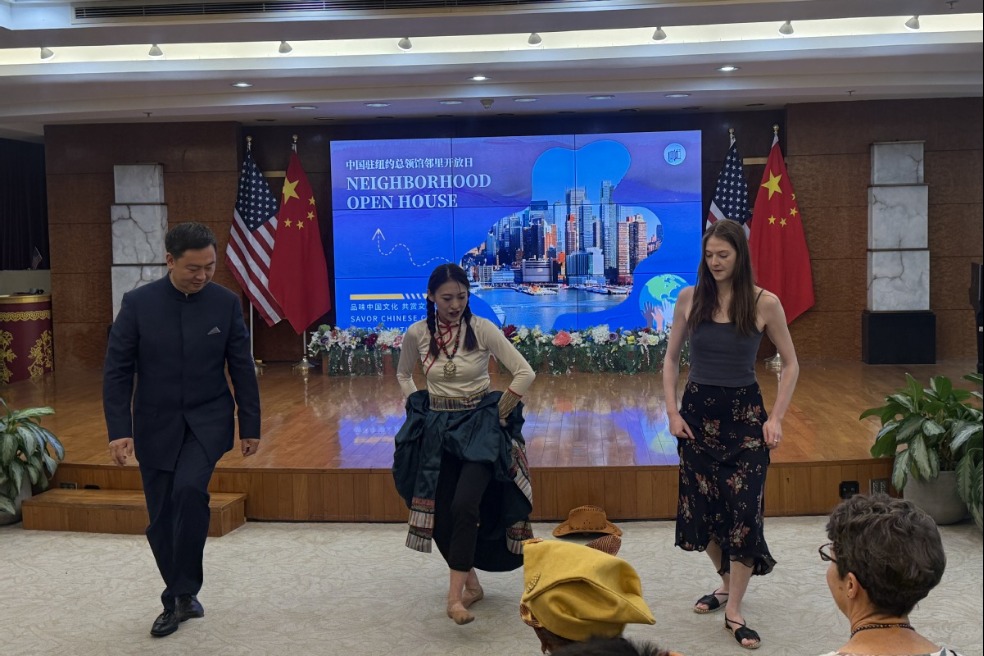ASEAN and BRICS forge stronger ties
Amid protectionism, SE. Asia embraces bloc's vision for fairer, rules-based order

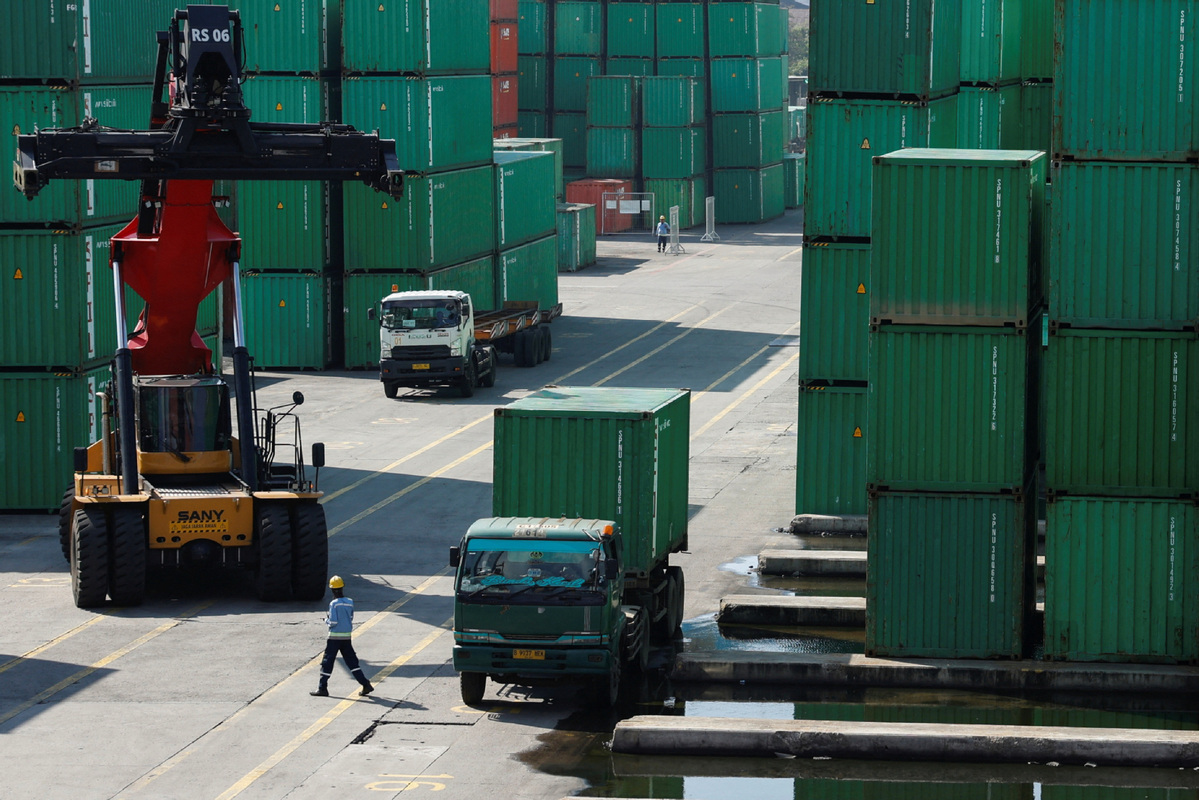
Southeast Asian countries aligning with BRICS are contributing to the creation of a fairer and more balanced global economic order amid rising trade protectionism, analysts say.
Four members of the Association of Southeast Asian Nations took part in the 17th BRICS Summit held in Rio de Janeiro, Brazil, on Sunday and Monday. Indonesia is the only ASEAN country with full BRICS membership, while Malaysia, Thailand and Vietnam participated as partner countries.
Indonesian President Prabowo Subianto highlighted his country's commitment to "revitalizing the spirit of multilateralism" during the summit.
"I reiterated the importance of Indonesia's role in promoting synergy among Global South countries to create a more inclusive and balanced global governance system, as well as supporting sustainable economic growth in the future," he wrote in a social media post.
Malaysian Prime Minister Anwar Ibrahim said on social media that as the global order fractures and international rules are increasingly ignored, he reaffirmed Malaysia's call for multilateralism that delivers real outcomes during his address at the BRICS meeting.
Anwar described BRICS as a strong and principled force that represents an opportunity to shape a more balanced and just international order.
As this year's rotating chair of ASEAN, Malaysia welcomes BRICS' push for "inclusive growth, fairer trade, and responsible AI governance — ideals that resonate with our own priorities", he said. "The future must not be shaped by rivalries, but by shared resolve."
Jaziri Alkaf Abdillah Suffian, a former senator in Malaysia's parliament, said BRICS offers a "clearer vision of growth and development "and this has convinced ASEAN members to join the grouping.
"Naturally, we (ASEAN) want to continuously grow with countries which want to help us grow," Jaziri said.
Platforms such as BRICS, which provides a bigger market for ASEAN exporters, are especially important now that the United States is threatening to raise tariffs by as much as 40 percent, he said, adding that economic growth is one of ASEAN's major focuses.
The BRICS summit concluded with the adoption of a declaration covering 126 commitments across global governance, finance, climate, health and technology.
The declaration highlighted BRICS leaders' "serious concerns "about the rise of unilateral tariff and nontariff measures, which distort trade.
The leaders reiterated their support for the rules-based, open, transparent, fair, inclusive, equitable, nondiscriminatory, consensus-based multilateral trading system with the World Trade Organization at its core.
Established in 2009, BRICS is an acronym for the five emerging economies of Brazil, Russia, India, China, and South Africa. In January last year, Iran, Egypt, Ethiopia, Saudi Arabia and the United Arab Emirates joined the grouping, followed by Indonesia in January this year.
On Sunday, US President Donald Trump said he would impose an additional 10 percent tariff on any country aligning with what he called the "anti-American policies "of BRICS. The next day, he said he had sent letters to the leaders of 14 countries — including six ASEAN members — informing them that tariffs of 25 to 40 percent would take effect next month.
Indonesian State Secretary Prasetyo Hadi confirmed that Indonesia has to face the threats of higher US tariffs — an additional 10 percent on top of the proposed 32 percent — owing to its BRICS membership, local media reported.
Muhammad Habib Abiyan Dzakwan, a researcher in the department of international relations at the Centre for Strategic and International Studies in Jakarta, said Indonesia needs to clarify with the US about what it defines as "alignment" and "anti-American policies", while at the same time focusing on BRICS cooperation on greater public goods.
Hafidzi Razali, CEO of the advisory firm Strategic Counsel in Malaysia, said that despite Trump's threat against BRICS, the ASEAN members will continue to diversify trading partners and markets.
"This is mainly a hedge against the uncertainty of overreliance" on a particular trading partner, Hafidzi said.
Leonardus Jegho in Jakarta contributed to this story.
prime@chinadailyapac.com
















